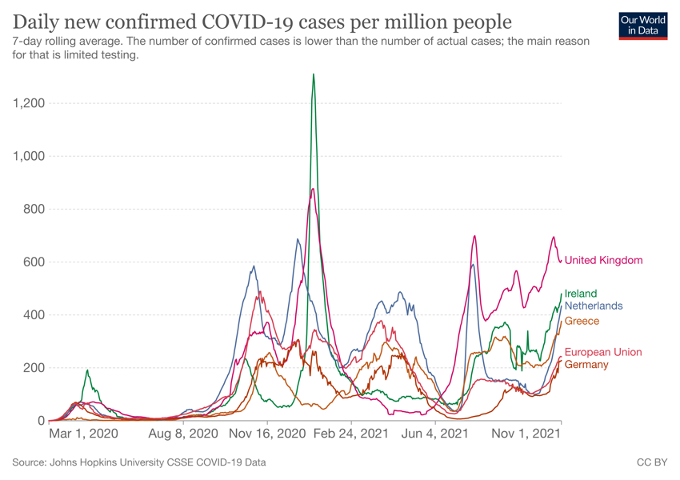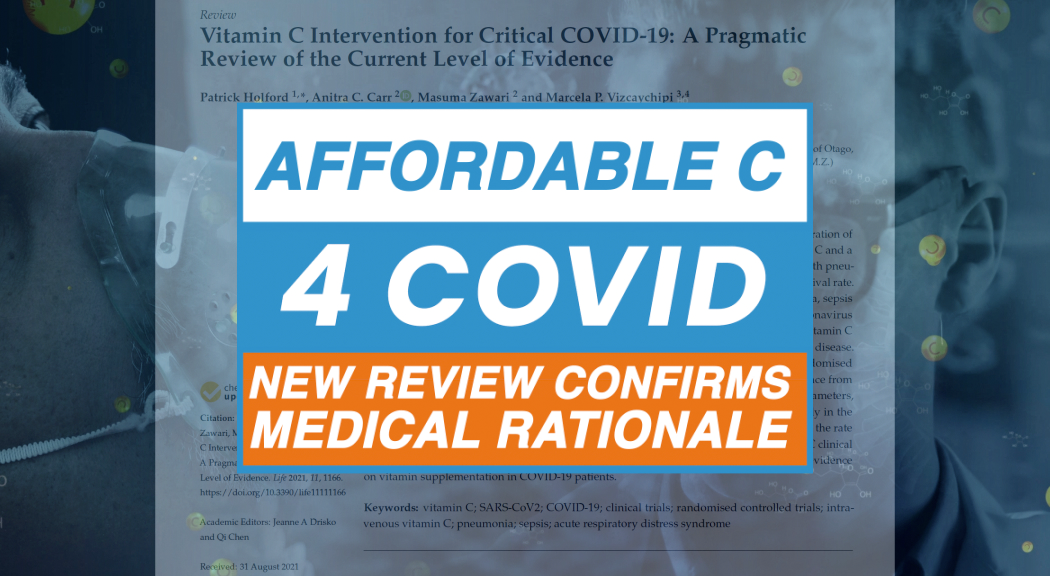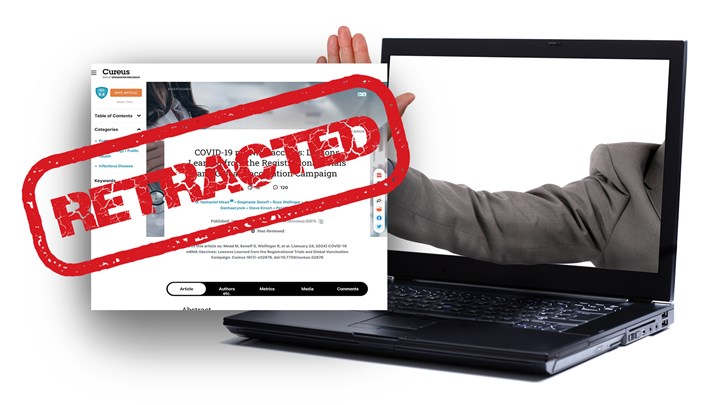Content Sections
Have you taken your vitamin C today?
If you have, will you take it again, perhaps more than twice or three times, to maintain beneficial amounts of this remarkable, multi-functional nutrient in your bloodstream for more of the day, or even overnight?
A new review of 12 high quality Covid-19 studies published on Monday in the peer reviewed journal Life provides a stark reminder that popping your C might be one of the cheapest and easiest solutions that can reduce the risk of serious, life-threatening covid-19 disease. The review, which includes 5 randomised controlled trials (RCTs) and 7 retrospective cohort studies, can be read here in full.
Our great admiration for keeping vitamin C firmly within the touchlines of the covid-19 football pitch goes to UK-based nutritionist and ANH friend, Patrick Holford, who is first author of the review. Patrick is also the driving force behind the VitaminC4Covid campaign. Co-authors include acclaimed vitamin C researcher Anitra Carr from the University of Otago in New Zealand and UK critical care doctor at the Chelsea & Westminster Hospital, Dr Marcela Vizcaychipi.
ANH founder and scientific director, Rob Verkerk PhD, caught up with Patrick in a field somewhere near his home in Wales (where the internet connection was more reliable!). Catch up with their conversation below.
Note: You will see an advertising banner beneath our videos that play off the Brighteon platform (when they are not maximised). This advertising helps support the Brighteon platform that doesn't charge subscribers for their content, is committed to free speech, yet is also respectful of copyright-related law. We'd like to clarify that no advertising revenue from Brighteon is received by the Alliance for Natural Health Intl.
Or for those who prefer a podcast:
Vitamin C – multifunctional marvel
Nature produces an incredible array of molecules, vitamin C being just one of less than 30 micronutrients known to be essential to humans, one of a few mammalian species (including guinea pigs) that have lost their ability during evolution, through loss of the gulonolactone oxidase gene, to produce their own vitamin C.
While Vitamin C is unequivocally recognised as a quintessential player in maintaining function of the immune system, the review paper points to 70-80% of patients with severe covid-19 disease suffering hypovitaminosis C (i.e. low vitamin C status) in hospitals (<23 µmol/L). Significant numbers have plasma levels less than 11 µmol/L which puts them in the scurvy category, also not uncommon among those in care homes.
Vitamin C deficiency can contribute to an array of problems including poor immune and neurological system function, as well as scurvy, poor wound healing, bleeding gums, improper gene expression, and premature aging (e.g. through disruption of collagen formation).
By contrast, the benefits of optimising circulating levels of vitamin C include:
- Supports modulation of both innate and adaptive immune system
- Required for appropriate gene expression
- Helps form collagen and maintain integrity of barriers, bones and cartilage
- Required for normal wound repair
- Anti-viral activity
- Antioxidant
- Anti-inflammatory
- Facilitate mitochondrial (energy-yielding) function to helps overcome tiredness and fatigue
- Required for the enzymatic production of particular neurotransmitters
- Increases absorption of iron
What can you do to help yourself and others?
- Make sure you have stocks on hand in your home and in your workplace so you can take divided doses of vitamin C if you feel symptoms coming on.
- Take the right dose for prevention or active early treatment. Most people benefit from taking a gram an hour to counter the body’s greatly increased use of vitamin C during active infections. For prevention, adults should take around 1 gram 2 to 4 times daily at intervals, and potentially a sustained release form at bedtime. Bowel tolerance varies between individuals and according to the type and severity of infection so find the dose that triggers loose bowels to calibrate the highest dose that works for you (that is just under the dose that goes beyond bowel tolerance).
- Tell your elected representative to recommend affordable vitamin C for their constituency. The Vitamin C4Covid campaign has prepared a letter (click here) intended for UK Members of Parliament (MPs) that we urge UK citizens and residents to send. Citizens in other countries can adapt the letter for your own elected representatives.
Given that cases of confirmed infection by SARS-CoV-2 and even deaths associated with covid-19 are beginning to rise again in some countries, it is time to consider all options – for those both vaccinated and unvaccinated. This is especially the case in parts of Europe (Figures 1 and 2), including those that were among the first to be hit by the novel virus when it was recognised outside of China in early 2020.

Figure 1. Daily new confirmed covid-19 cases per million of population in selected countries. Source: Our World in Data.

Figure 2. Daily new confirmed covid-19-related deaths per million of population in selected countries. Source: Our World in Data.
Once again: did you or will you take your vitamin C, more than once, today?
In the interest of health, naturally: Please share widely, thank you.
Vitamin C resources
>>> See www.vitaminC4covid.com/recommendations for guidance on what to take for prevention and if you become infected
>>> To access the full review, see: www.vitaminC4covid.com/12trialreview
>>> ANH Vitamin C for Covid campaign
>>> ANH Vitamin D Test & Take campaign
>>> ANH Zinc – the missing link – campaign
>>> ANH Covid – Adapt Don’t Fight campaign
>>> Are you a critical thinker? Someone who likes to forge your own path in life, making your decisions based on your own research and independent thought? Do you believe in freedom of choice, liberty and sovereignty of the individual? Are you passionate about health and nature? Have you had #Enough? Yes? You sound like just an ANH Pathfinder. Have you joined our growing community yet?
#enoughmovement #enough









Comments
your voice counts
04 November 2021 at 9:43 am
Those minute glands that sit atop of the Kidneys - the ADRENAL Glands, are the largest users of VITAMIN C in the body. One of their many roles is in the FIGHTING of INFECTIONs, and they do this admirably..
The Adrenals also love water!
One very effective way of consuming VITAMIN C and WATER, is to put powdered (preferably buffered) Vitamin C into your daily water bottle, and drink throughout the day, and your also helping the free radicals and such be flushed out of the body more frequently.
09 November 2021 at 3:02 pm
Wasn't particularly happy to see my current vitamin C powder (ascorbic acid) is sourced in China. How many of them are?
28 November 2021 at 11:06 am
Thanks for a wide range of topics on COVID and of information about vaccinations, treatment and social interests..
I am trying to share with a variety of people.
Your voice counts
We welcome your comments and are very interested in your point of view, but we ask that you keep them relevant to the article, that they be civil and without commercial links. All comments are moderated prior to being published. We reserve the right to edit or not publish comments that we consider abusive or offensive.
There is extra content here from a third party provider. You will be unable to see this content unless you agree to allow Content Cookies. Cookie Preferences